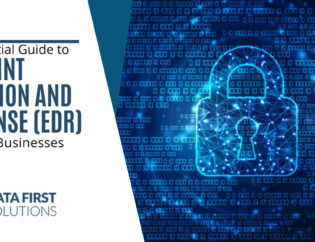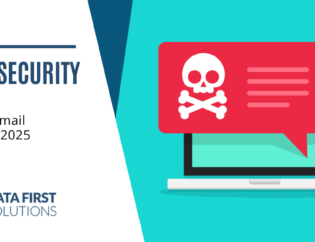
Understanding the full scope of these costs is crucial for businesses to take proactive measures in safeguarding their data and mitigating potential damages. In this article, we delve into the various ways in which the costs of a data breach can impact a company for years to come.
Understanding the Immediate Costs
A data breach can incur significant immediate costs for a company. These costs often include:
- Forensic Investigation: Following a breach, companies must conduct a thorough investigation to determine the extent of the breach, identify the compromised data, and assess the vulnerabilities in their systems.
- Notification Expenses: Companies are often required by law to notify affected individuals or authorities about a data breach. This process can involve significant expenses, including communication costs, legal fees, and compliance fines for failing to notify stakeholders promptly.
- Remediation Costs: Once a breach is detected, companies must take immediate steps to remediate the situation. This may involve deploying security patches, upgrading systems, or enhancing cybersecurity measures to prevent future breaches.
- Potential Legal Costs: Data breaches can lead to costly legal battles, including lawsuits from affected individuals, regulatory fines for non-compliance with data protection laws, and settlements with regulatory bodies or affected parties.
Long-Term Financial Implications
Beyond the immediate costs, data breaches can have enduring financial implications for a company:
- Loss of Revenue: A data breach can erode customer trust and loyalty, leading to a loss of business and revenue in the long term. Customers may take their business elsewhere if they perceive a company as being unable to protect their sensitive information.
- Damage to Reputation: The reputational damage resulting from a data breach can be irreparable. Negative publicity surrounding a breach can tarnish a company’s brand image and make it difficult to attract new customers or retain existing ones.
- Increased Insurance Premiums: In the aftermath of a data breach, companies may see their insurance premiums rise significantly. Insurers may view them as higher-risk entities and adjust their premiums accordingly to mitigate potential future losses.
- Regulatory Sanctions: Non-compliance with data protection regulations can result in hefty fines and penalties from regulatory authorities. These sanctions can further strain a company’s finances and damage its reputation within the industry.
Operational Disruptions
Data breaches can also disrupt a company’s operations in numerous ways:
- Downtime: In the aftermath of a breach, companies may experience downtime as they work to restore their systems and recover lost data. This downtime can result in lost productivity, missed deadlines, and delays in delivering products or services to customers.
- Rebuilding Trust: Rebuilding trust with customers and stakeholders can be a time-consuming process. Companies may need to invest resources in communication campaigns, customer outreach efforts, and enhanced security measures to regain trust and confidence in their brand.
- Employee Morale: Data breaches can take a toll on employee morale and productivity. Employees may feel anxious or demoralized in the wake of a breach, leading to decreased morale and engagement in their work.
- Reputation Management: Managing the fallout from a data breach requires significant time and resources. Companies may need to hire external PR firms or consultants to help manage their reputation and navigate the media scrutiny surrounding the breach.
Investing in Data Security
Given the far-reaching consequences of a data breach, investing in robust data security measures is essential for companies looking to safeguard their sensitive information and protect their long-term interests. Some key strategies include:
- Regular Security Audits: Conducting regular security audits can help identify vulnerabilities in your systems and address them before they are exploited by malicious actors.
- Employee Training: Providing comprehensive training to employees on cybersecurity best practices can help mitigate the risk of human error and strengthen your company’s overall security posture.
- Data Encryption: Encrypting sensitive data both in transit and at rest can add an extra layer of protection against unauthorized access and data breaches.
- Incident Response Planning: Developing a comprehensive incident response plan can help companies respond swiftly and effectively in the event of a data breach, minimizing the impact on their operations and reputation.
Protect Yourself Against Data Breaches
The costs of a data breach can have far-reaching implications for a company, impacting its finances, reputation, and long-term viability. By understanding the full scope of these costs and taking proactive measures to strengthen their data security posture, companies can better protect themselves against the devastating consequences of a breach.
At Data First Solutions, we specialize in helping businesses implement robust data security measures to safeguard their sensitive information and mitigate the risk of data breaches. Contact us today to learn more about how we can help protect your company’s data.









